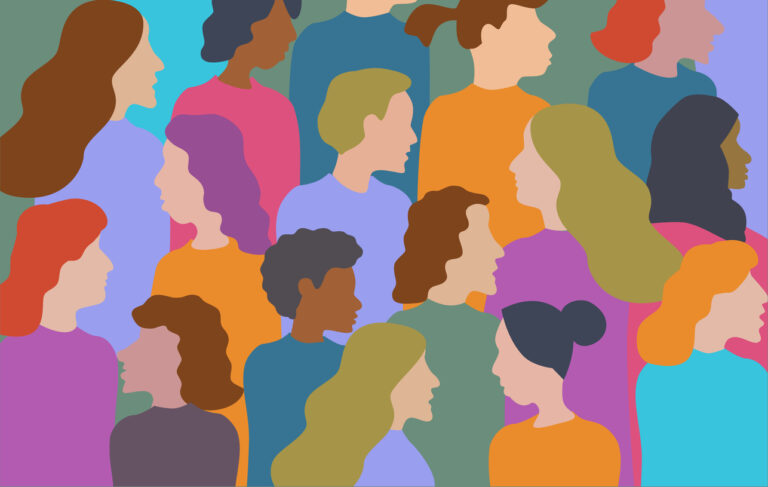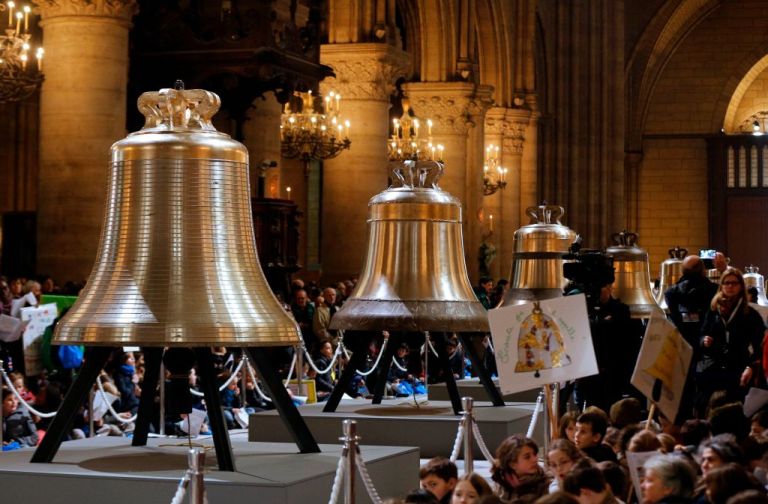It was Elizabeth Cady Stanton who declared in 1848, “We hold these truths to be self-evident, that all men and women are created equal.” Dating back to at least the 19th century, women in the United States and across the world have campaigned for equal rights and opportunities, making particular progress in the past 200 years.
But gender equality doesn’t just benefit women: Societies that consistently progress in pursuing greater gender equality are likely to have a greater life expectancy for everyone.
According to a study in PLOS Global Public Health, researchers from the George Institute for Global Health and Imperial College London compared gender equality in 156 countries between 2010 and 2021 — the first worldwide study to examine how gender equality and life expectancy for women and men may be associated. They used a modified global gender gap index (mGGGI), based on the one developed by the World Economic Forum, to examine gender equality through the lens of politics, economics, and education. The study found that improvements in gender equality in education were associated with longer life expectancy in both women and men.
The study compared data gathered by WEF with life expectancy statistics from the World Bank. What researchers found is that the greater gender equality was, the greater the life expectancy was for both genders. “Globally, greater gender equality is associated with longer [life expectancy] for both women and men and a widening of the gender gap in [life expectancy],” the study states. Overall, the researchers found that mGGGI increased from 58% in 2010 to 62% in 2021; “In 2021, each 10% increase in the mGGGI was associated with a 4.3-month increase in women’s [life expectancy] and a 3.5-month increase in men’s [life expectancy], and thus with an 8-month wider gender gap,” per the study. But these statistics varied from region to region.
RELATED: Mammals That Have Strong Social Bonds Live Longer, Study Finds
“This suggests investing in education is paramount, particularly in low- and middle-income countries, where many girls are still denied access to education and resources are limited,” lead author Cat Pinho-Gomes said in a press release. “Even high-income countries — where substantial progress has been made to address gender inequalities in recent years — investing in gender equality may still benefit life expectancy, particularly for men. This study confirmed what we had already seen for countries in the EU using a different index, reinforcing the validity of our findings.”
Based on the conclusions of the study, while increasing gender equality initially benefits women in regards to life expectancy, it also later extends to men. Statistically, women live longer than men. With increased equality, they stand to see the most short-term benefits, which widens the life expectancy gap. But looking long-term, men’s life expectancy also grows over time in a society with gender equality, shortening the life expectancy gap between genders.
Though the fight for global gender equality is far from over, the study’s findings are a hopeful reminder that everyone prospers in societies where women are provided more opportunity.
“As countries make greater progress towards gender equality and women are afforded the opportunity to participate more fully in in political, economic, and social life, the whole of society reaps the rewards,” said Pinho-Gomes, later adding, “Let’s not forget that the evidence demonstrates that enhancing women’s representation across multiple sectors contributes to wealthier and, hence, healthier societies for all.”












